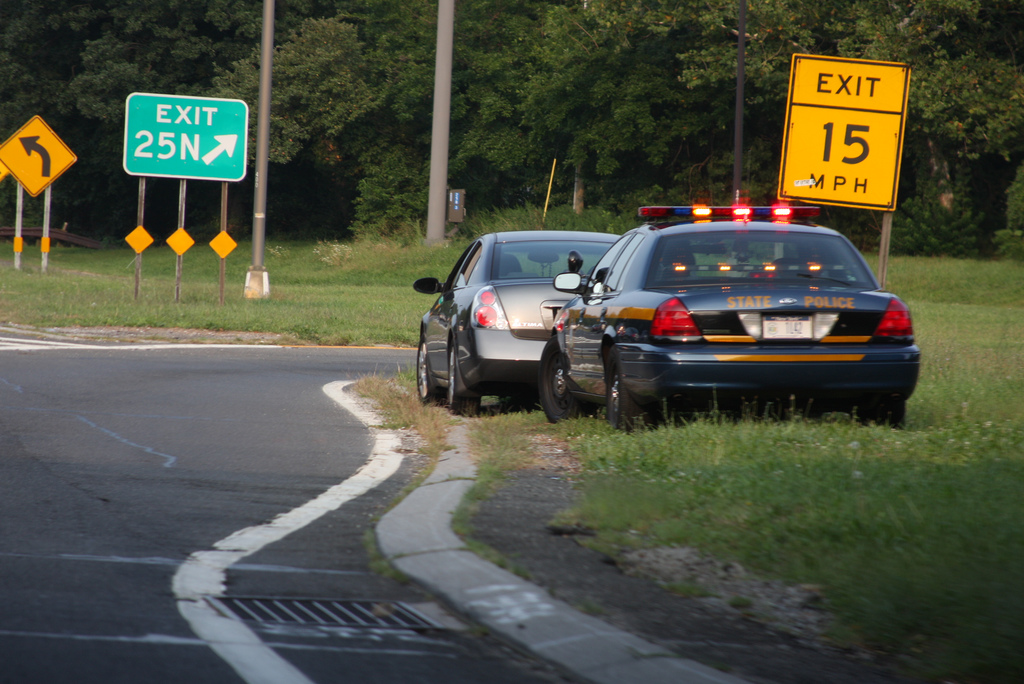Seniors and Driving – When It’s Time for a Change Behind the Wheel
 Few things in our world are as associated with freedom as the ability to drive. Our culture has been obsessed with cars for the greater part of a century, and for many people, coming of age doesn’t happen until the driver’s test is passed and a license is issued. Unfortunately, there comes a time in everyone’s life when driving is no longer a safe or practical option for getting around.
Few things in our world are as associated with freedom as the ability to drive. Our culture has been obsessed with cars for the greater part of a century, and for many people, coming of age doesn’t happen until the driver’s test is passed and a license is issued. Unfortunately, there comes a time in everyone’s life when driving is no longer a safe or practical option for getting around.
Are you concerned about a senior in your life whose driving days might be coming to an end? Here are some factors to consider that will help you determine whether it’s time to take the keys or if your loved one still has miles to go in their time behind the wheel.
#1 – Getting Lost
Most seniors drive to and from familiar locations, and the majority of seniors do not use GPS navigation devices. This means that when members of the elderly population drive, they largely do so using the maps and landmarks that exist only in their heads. Sadly, Alzheimer’s and other forms of dementia can lead to forgetfulness in their early stages, and driving is one of the activities where this is most apparent.
When your loved one is no longer able to reach their destinations safely without getting lost, it’s time to consider a discussion about driving. It’s also time to look into tests and treatment that can help with the possible onset of dementia.
#2 – Difficulty with Normal Vehicle Operation
Many seniors take pride in their ability to drive, and a large number of them feel comfort and security in their ability to operate such sophisticated pieces of machinery. But when vehicles become too complicated to operate, it’s time to investigate transportation alternatives. Seniors might not be willing to admit that they’re having trouble, so it’s important to monitor their ability to drive, especially when difficulty with other types of activity becomes apparent.
This is particularly true when it comes to the operation of vehicles that feature manual transmissions, which can be much more challenging to drive. As a caretaker or loved one, suggesting the use of an easier-to-operate vehicle – with an automatic transmission – can lead to the extension of your senior’s driving days without putting a dent in their pride.
#3 – Tickets, Warnings and Close Calls
 Sometimes the signs of driving days being done are obvious, but it’s important to act appropriately. When the senior in your life starts getting traffic tickets and/or warnings after a life of driving without incident, you should be prepared to talk about giving up the keys. Likewise, you should stay attuned to reports of “close calls” on the roadways.
Sometimes the signs of driving days being done are obvious, but it’s important to act appropriately. When the senior in your life starts getting traffic tickets and/or warnings after a life of driving without incident, you should be prepared to talk about giving up the keys. Likewise, you should stay attuned to reports of “close calls” on the roadways.
Taking effective action here to transition your senior to a life away from driving can actually save lives and extend your loved one’s ability to live safely and comfortably.
Help Is Here!
Do you need help with a senior who may be ready to transition to a life without driving? Always Best Care has solutions! Call us today at 1-855-470-CARE (2273) for a free consultation and learn how we can make a difference.










